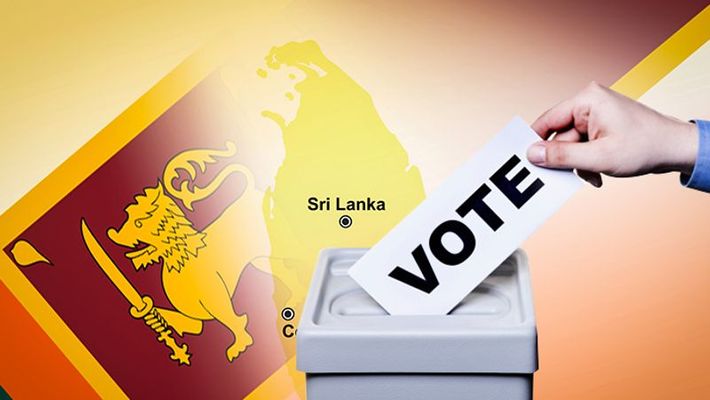As Sri Lanka prepares for its presidential election on September 21, a striking gender disparity has emerged, with not a single woman among the 38 contenders vying for the country’s top office. This stark contrast is particularly notable in a country where women make up more than half of the voters and workforce.
Sri Lanka has a rich history of female leadership, having elected the world’s first female prime minister, Sirimavo Bandaranaike, in 1960. Her daughter, Chandrika Kumaratunga, also held the office 30 years later. However, despite this legacy, women’s representation in politics has remained stubbornly low.
According to statistics, women comprise 52% of the over 17 million Sri Lankans eligible to vote in the upcoming election. Yet, they hold only 5.3% of the 225 seats in parliament, a figure that has never exceeded 7% since the introduction of universal franchise in 1931. The current cabinet has only one female member, Irrigation Minister Pavithra Devi Wanniarachchi, among 16 ministers, and just two women among three dozen junior ministers.
The lack of female representation is attributed to the patriarchal structure of Sri Lanka’s political parties, according to Nimalka Fernando of the Women’s Political Academy. “Men do not perceive politics as a space that should be shared equally with women,” Fernando said. “Women are campaigners, they are in protests… but there is a block when it comes to decision-making.”
The 2016 introduction of a 25% quota for women in parliament has failed to yield meaningful change, according to Harini Amarasuriya, a female parliamentarian. “The quota system is just one way,” Amarasuriya said. “It can make a numerical change, but for meaningful change, there must be an effort that actively brings women into politics and gets them involved in leadership roles.”
The struggles faced by women in Sri Lankan politics are exemplified by Samudra Jayalath, a 61-year-old campaigner who has worked for various parties for nearly four decades. Despite winning a municipal election in 2012, Jayalath has been unable to secure a national position. “It’s very hard for women to make it in politics unless they come from a political family. Parties only want women to fill chairs,” she said.
The three main contenders in the presidential election, Sajith Premadasa, Ranil Wickremesinghe, and Anura Kumara Dissanayake, have outlined varying commitments to boosting women’s representation in politics and business. However, the lack of female candidates in the election underscores the significant challenges that remain.
As Sri Lanka grapples with its worst financial crisis in over seven decades, the need for diverse perspectives and inclusive leadership has never been more pressing. The election will be a crucial test of the country’s commitment to gender equality and political representation.



